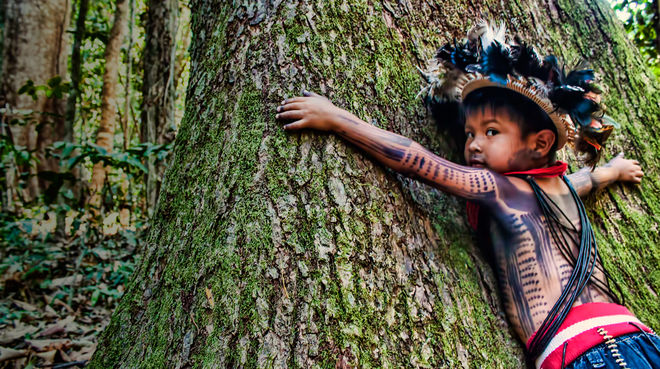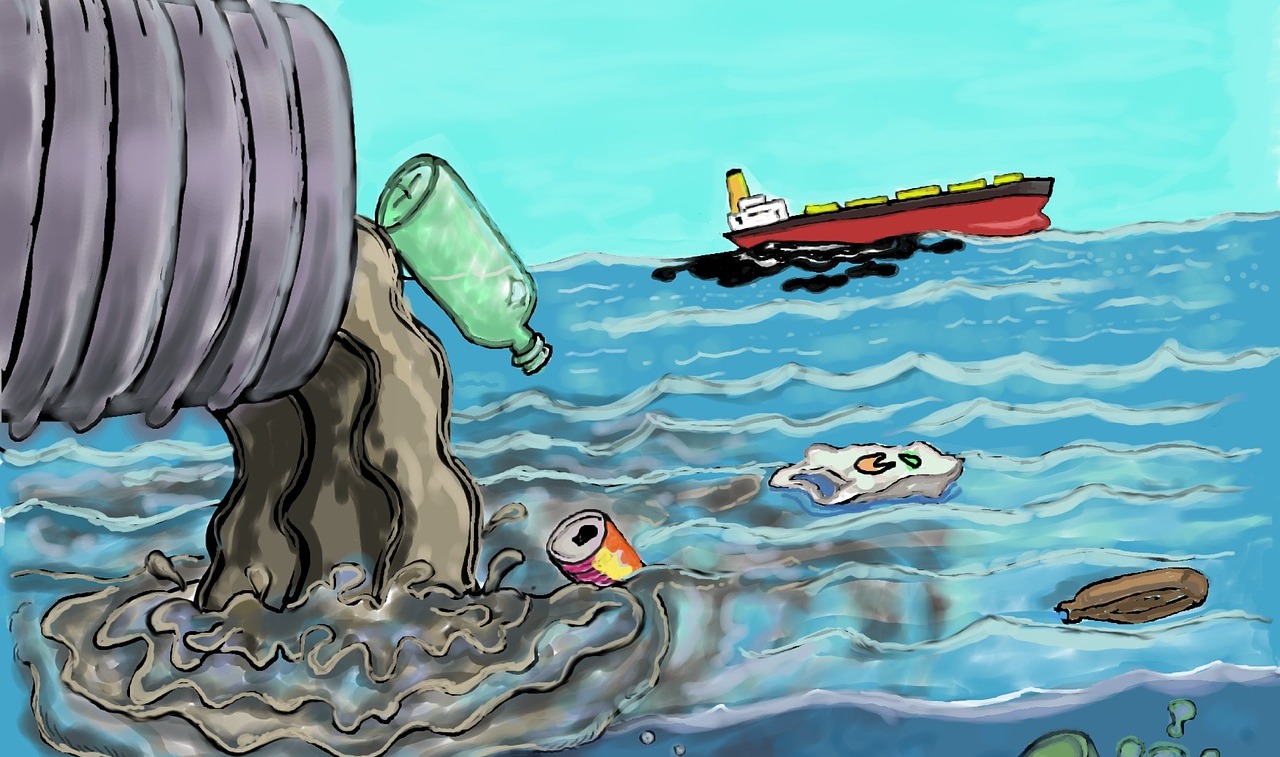updated 7 October 2019
Sunday, 6 October, the Amazon Special Synod will begin in Vatican City. It promises to be something destined to remain in History, not only in that of the church.
More than 180 clergy members among bishops and cardinals are going to join the assembly from the ecclesiastical districts of the Pan-Amazon region, but also numerous scientists, environmental experts, and representatives of indigenous ethnic groups. The presence of 35 women, both nuns and laic, and listeners such as the former UN secretary Ban Ki-moon, the economist Jeffrey Sachs and the climatologist Hans Schellnhuber stand out.
Related topics: Like the Pope, Climate Change Will Not Be Ignored – The Amazon Burns Down – Fires threaten Earth’s Largest Rainforest – How a Pope Saved a Forest
Following the announcement of Pope Francis on 15 October 2017 – when the state of the rainforest was not as dramatic as at present – the Synod will take place to reflect on the theme “Amazon: New paths for the Church and for an integral ecology”, a title that reveals which topics are going to be addressed until 27 October; environmental protection on the one hand, but also and above all the rights of indigenous peoples and the recognition, for centuries denied, of their role, culture and spirituality.
The concept of “everything is connected” that the Laudato Si encyclical had already clearly explained almost five years ago, now finds its first major application in this assembly.
Around three million indigenous people are found in the nine countries (Brazil, Bolivia, Colombia, Ecuador, Guyana, Peru, Suriname, Venezuela and French Guiana) that compose the Pan-Amazon Region, representing around 390 different nationalities. In many of these, the Catholic Church is present through missionaries involved in the causes of indigenous and Amazonian people.
Hence the Pope’s effort for the creation of an indigenous church.
The Pan-Amazon is a region with a rich biome; it is multi-ethnic, multi-cultural and multi-religious, a mirror of all humanity. Its basin holds vital importance for our planet representing the largest reserve of biodiversity (from 30 to 50% of the flora and fauna of the whole planet) and freshwater (20% of all non-frozen freshwater). It holds more than a third of the primary forests of the planet.
Although the largest carbon reservoirs are actually the oceans, it is impossible to ignore the Amazon’s contribution, as it stores between 150 and 200 billion tons of carbon each year. Currently, a deep crisis has unleashed in the Amazon rainforest caused by climate change and a prolonged human interference in which the “waste culture” mentioned by Francis in his encyclical and an extractive mentality predominate.
Deforestation and fires, above all, are jeopardizing the ecosystem and exerting very strong pressure on local communities. It is precisely from them that the dialogue must start again. They are the depositories of forgotten wisdom, the custodians of biodiversity.
Pope Francis understood this, and he is summoning all religions, every culture, all the institutions, to face together the challenge for an integral ecology.
In this case, the Amazon becomes representative of the whole. The hope for a new ecosystem’s paradigm and at the same time a concrete demonstration of the environmental, economic and social crisis we are experiencing and often fostering.
Environmental justice is social justice. The scope of the Synod is to explain that there can be no social justice in a degraded environment, that the Earth’s pain is closely linked to the poor’s, and that we are all co-responsible – each with our own faults – for the suffering of our Common Home.
That is how the concept of integral ecology has taken shape: there is no break, no hierarchies between man and environment. Even the smallest action has an influence on the whole system.
This is the real novelty of his encyclical, whose power has not yet been understood either by the Secular world or by the Catholic one. Starting from the conviction, as Pope Francis does and embodies, that reality is better perceived from the periphery rather than from the centre.
It is really up to us, in the centre, as we often underestimate the significance of a pontiff reductively labelled as leftist or ecologist, who should see that this Synod is a way to read in a timely manner what is happening in the world.
The time has come for us to understand that we cannot blame those who destroy the forests when arson and deforestation are direct consequences of intensive farming and an agro-industry we keep supporting with our every-day food choices.
Likewise, we cannot be resentful for the depletion of the common goods if we continue to ignore the urge to legislate against land-grabbing. Nor can we be surprised by the difficulty of dialoguing with others, when the very concept of integration appears as troublesome in our societies.
Two weeks after the UN Environment Assembly and shortly past the establishment of a new sustainability-driven EU commission, this Amazon Synod is potentially disruptive and may lead to a turning point which is inevitable if we are to avoid human and environmental desertification.
When humans compete for the destruction of their own species, hope lies in overcoming the divisions that put us against each other and in embracing our diversities. Recalling that we belong to the same world and share the same fate.
A path that laics and believers must complete together, rediscovering social friendship – as Pope Francis calls it, in defence of the common good.







